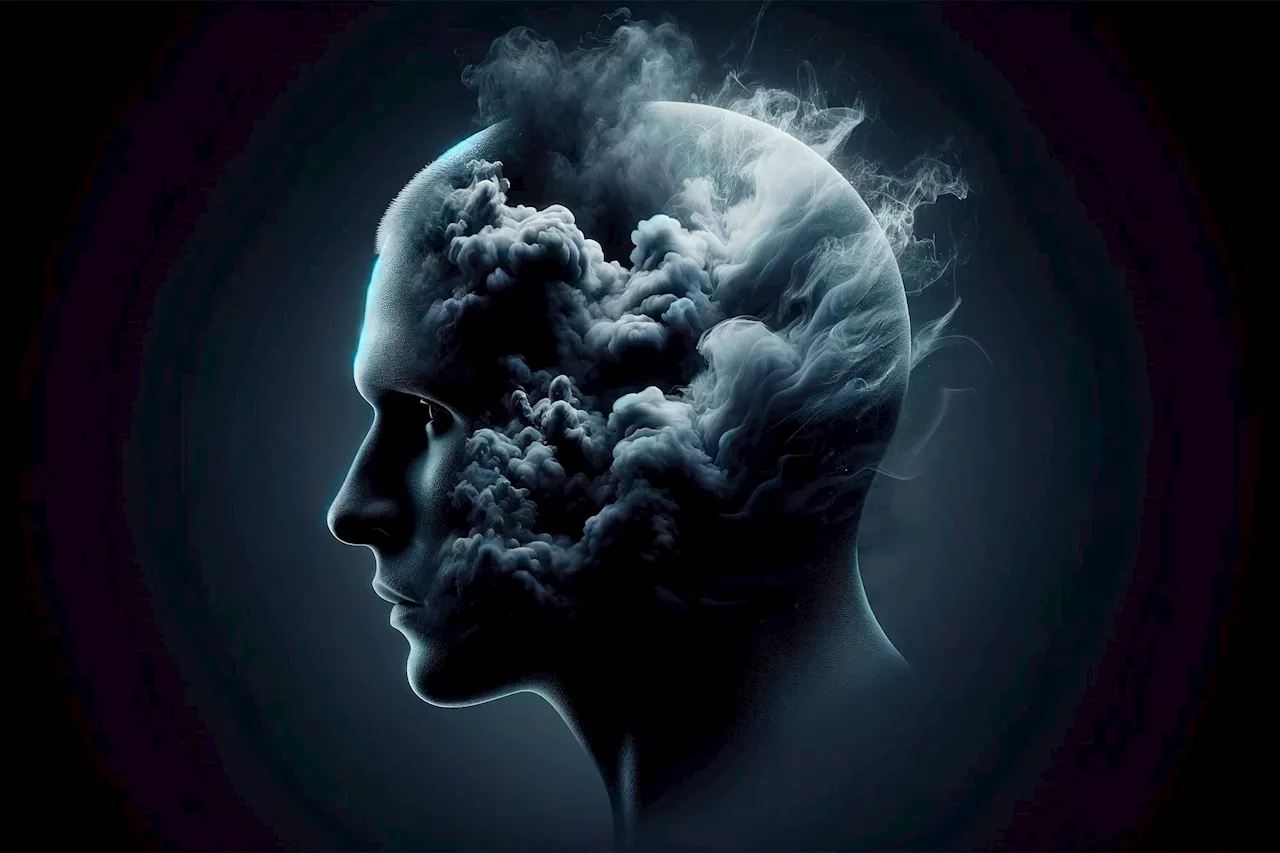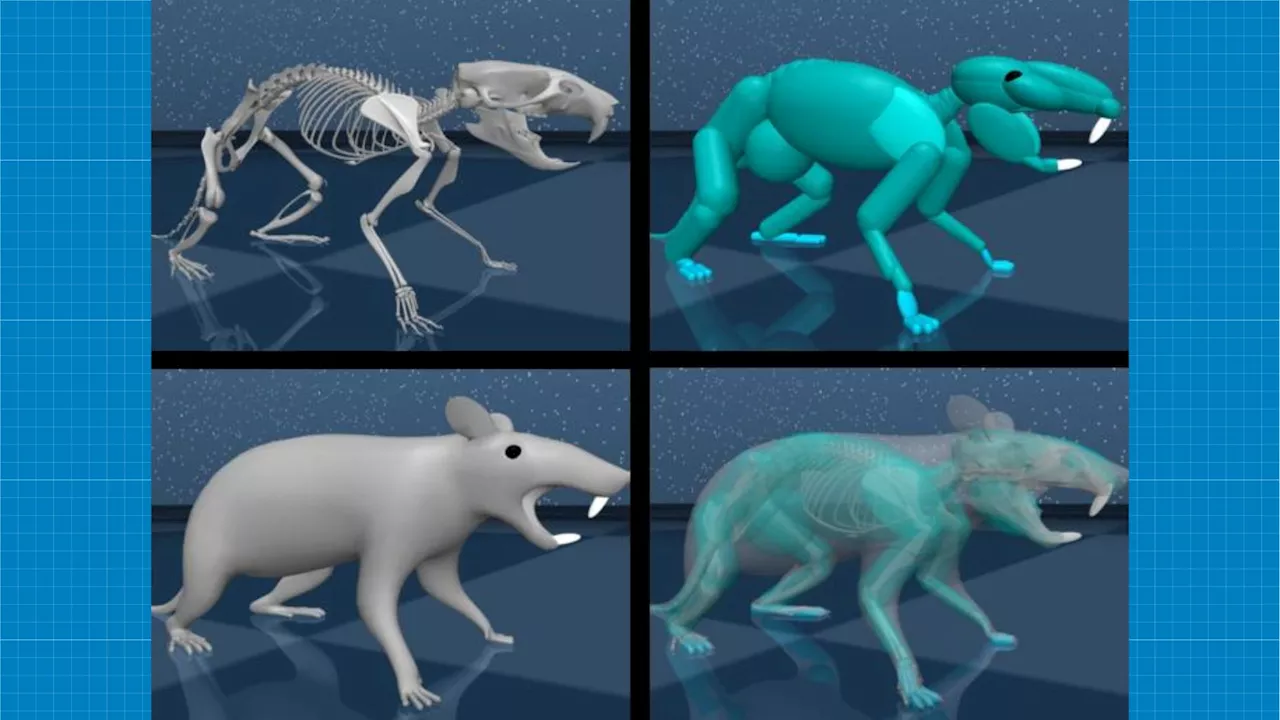How does our brain distinguish between urgent and less urgent goals? Researchers explored how our brain remembers and adjusts the goals we set ourselves on a daily basis. Their study reveals differences in the way we process immediate and distant goals, at both behavioral and cerebral levels.
These discoveries, described in the journal Nature Communications, could have significant implications for understanding psychiatric disorders, particularly depression, which can hamper the formulation of clear goals.
Researchers from the UNIGE and the Icahn School of Medicine at Mont Sinai Hospital in New York have studied how the brain memorises and updates the goals to be achieved. More specifically, how the brain sorts out which goals require immediate attention and which do not. Their study focused on a particular region of the brain, the hippocampus, because of its established role in episodic memory.
''These results are particularly interesting because previous studies have shown that when we call on our episodic memory or our spatial memory, the anterior region of the hippocampus is involved in retrieving general information, while the posterior part deals with details.
K-12 Education Disorders And Syndromes Educational Psychology Child Development Learning Disorders Memory Psychiatry
United States Latest News, United States Headlines
Similar News:You can also read news stories similar to this one that we have collected from other news sources.
 New technology allows researchers to precisely, flexibly modulate brainResearchers have developed a noninvasive technology combining a holographic acoustic device with genetic engineering that allows them to precisely target affected neurons in the brain, creating the potential to precisely modulate selected cell types in multiple diseased brain regions.
New technology allows researchers to precisely, flexibly modulate brainResearchers have developed a noninvasive technology combining a holographic acoustic device with genetic engineering that allows them to precisely target affected neurons in the brain, creating the potential to precisely modulate selected cell types in multiple diseased brain regions.
Read more »
 Yale Researchers Identify Brain Region That Fuels ParanoiaScience, Space and Technology News 2024
Yale Researchers Identify Brain Region That Fuels ParanoiaScience, Space and Technology News 2024
Read more »
 Researchers reveal new pathway to improve traumatic brain injury outcomesWorking together to understand the factors which could be used to predict outcome following TBI, researchers examined factors related to social support, health, clinical care, biological markers, acute interventions, and longer-term outcomes.
Researchers reveal new pathway to improve traumatic brain injury outcomesWorking together to understand the factors which could be used to predict outcome following TBI, researchers examined factors related to social support, health, clinical care, biological markers, acute interventions, and longer-term outcomes.
Read more »
 Harvard researchers create virtual rat model to study brain controlHarvard scientists, with Google's DeepMind AI lab, crafted a virtual rat model with an artificial brain mimicking natural movements.
Harvard researchers create virtual rat model to study brain controlHarvard scientists, with Google's DeepMind AI lab, crafted a virtual rat model with an artificial brain mimicking natural movements.
Read more »
 Researchers have located the brain network responsible for stutteringAn international research group succeeded in identifying the probable origin of stuttering in the brain.
Researchers have located the brain network responsible for stutteringAn international research group succeeded in identifying the probable origin of stuttering in the brain.
Read more »
 Researchers find genetic stability in a long-term Panamanian hybrid zone of manakinsWe often think of species as separate and distinct, but sometimes they can interbreed and create hybrids. When this happens consistently in a specific area, it forms what's known as a hybrid zone. These zones can be highly dynamic or remarkably stable, and studying them can reveal key insights into how species boundaries evolve—or sometimes blur.
Researchers find genetic stability in a long-term Panamanian hybrid zone of manakinsWe often think of species as separate and distinct, but sometimes they can interbreed and create hybrids. When this happens consistently in a specific area, it forms what's known as a hybrid zone. These zones can be highly dynamic or remarkably stable, and studying them can reveal key insights into how species boundaries evolve—or sometimes blur.
Read more »
